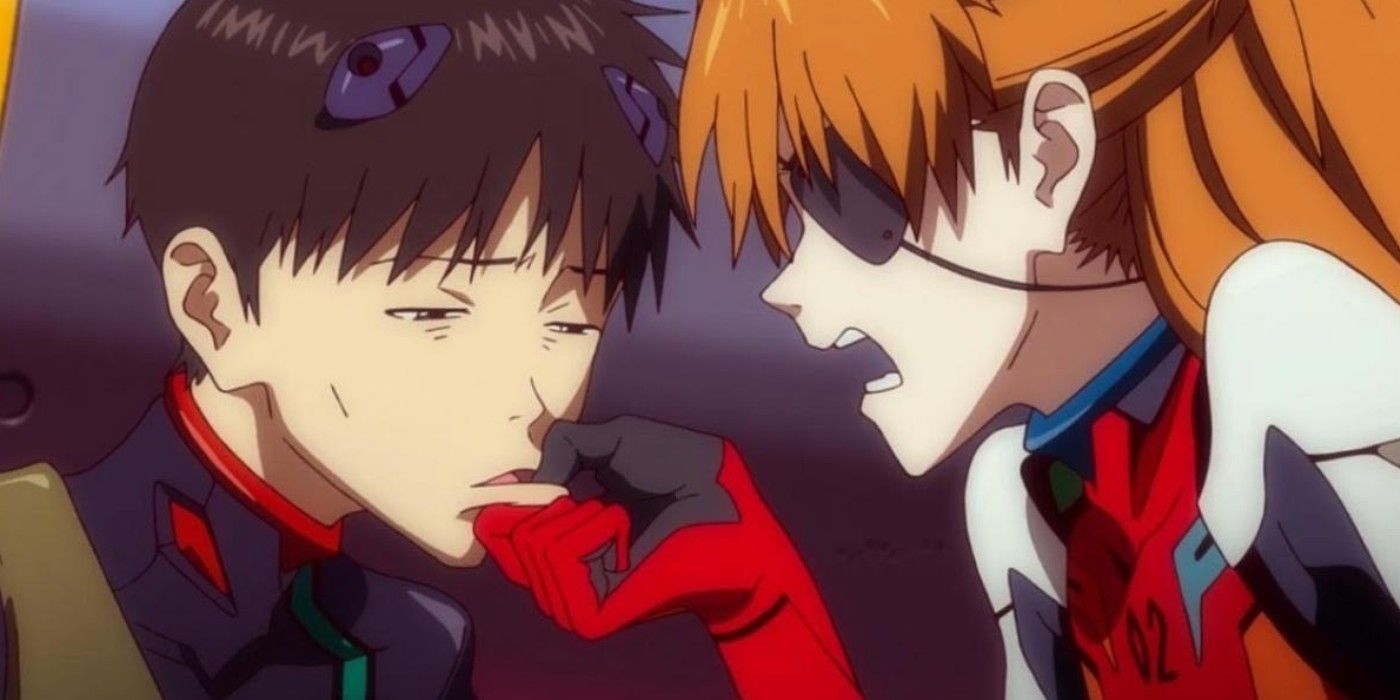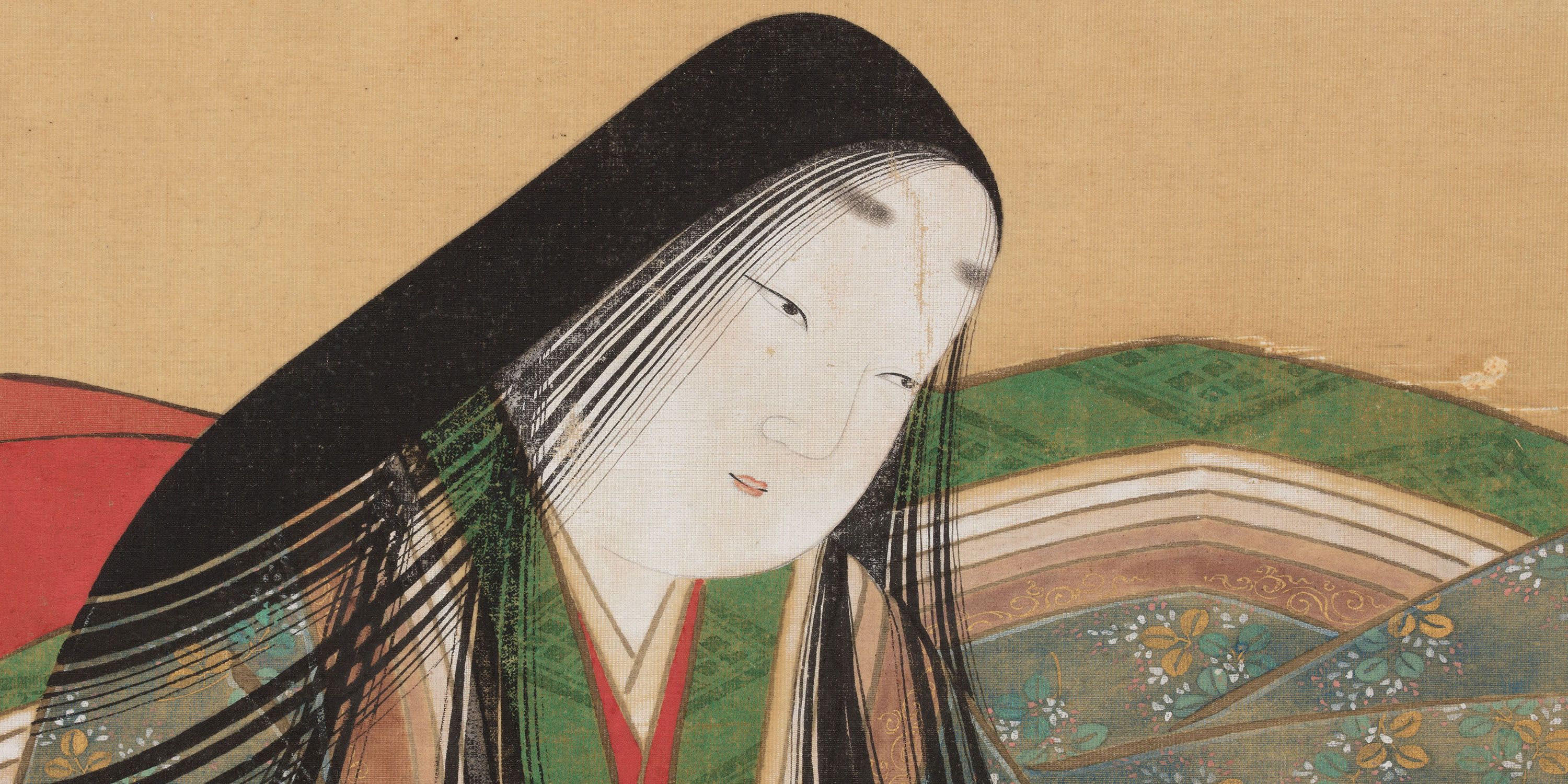
The success of anime has brought many distinctly Japanese terms and concepts to international audiences, often with correct usage, but less often with context. These terms include words like "senpai," "kawaii" and "baka" -- a strangely endearing insult with a surprisingly long history.
Known to most as meaning "idiot," baka is a term that's centuries-old with many different historical tall tales and legends surrounding its origins. This has resulted in a Japanese word that has slightly different meanings and connotations depending on how it's said. Here's the history behind one of anime's most common insults and how it's been used in popular shows new and old.

The first known use of the term dates back to the 1300s when Toki Yorito, a commander of the Ashikaga clan, insulted the retired Emperor Kogon. When asked to observe the former emperor, Yobito asked what sort of "bakamono," or fool, would ask him to dismount his steed. The most common explanation for its etymology involves not the Japanese, but instead the Chinese writing of the word.
The kanji characters for baka together translate as "horse deer" or "point at a deer and say horse." This is in reference to Zhao Gao, a Qin Dynasty politician who attempted to test his troops before committing treason. To test them, he presented a deer and called it a horse, which many rightfully found foolish. Those who wished to serve under him, however, followed along with his tomfoolery. The 11th-century book The Tale of Genji used this same explanation to talk about someone calling something another name to suck up to authority.
Japanese linguist Shinmura Izuru noted that, according to Edo scholar Amano Sadakage, Japanese monks took the word baka from a Sanskrit term. The similar characters of the Sanskrit words "moha" and "mahallaka" translate into "foolish" or "stupid." Other explanations include a tie to the word "wakamono," referring to foolish young people. There's also a connection to family bankruptcy, a term for which is pronounced as "baka" in Zen writings. This has all led to its current usage, which many anime fans are familiar with.

The modern terminology of baka simply means "fool" or "stupid," but it can change depending on the context. For instance, using it among friends in a playful manner is meant to be in good jest, equivalent to how English-speakers might call a friend a "dummy." Baka can even be used positively, with phrases like "baka umai" meaning that something is ridiculously or "stupid" good.
However, calling a stranger baka will likely be seen as an insult. After all, it's not exactly pleasant to be called a fool by someone you don't know, even if they were joking. Likewise, those who are seen as elders or superiors should definitely not have the term thrown their way. In many ways, the rules for calling someone "baka" are the same as calling someone a fool in English.
Of course, the term has shown up in anime quite a bit, becoming a common term of insult (or ironic humor) in the fandom. Its prominence can be traced back to its frequent use in the foundational anime Neon Genesis Evangelion, where Asuka Langely-Soryu would constantly refer to Shinji as "baka Shinji." This was due to her immense dislike of Shinji, which was based mostly on the fact that she found everything that he did to be either stupid or annoying in some way. The fact that she also saw him as more childish and immature also relates to the more youth-oriented uses of the term.
Another use of the term in anime is in My Next Life As a Villainess, an isekai series that has an impressively dense protagonist named Katarina. Katarina is sometimes called "Bakarina" due to her simple-minded and forgetful nature. Hunter X Hunter also featured a character named Prince Baka who was ironically quite intelligent. It's also become quite the popular term used in TikTok videos. These and other uses in the medium have next to nothing to do with horses, deer or ancient Chinese politicians, but they certainly hammer home the idea that anyone deserving of the term "baka" is an idiot indeed.
0 Comments